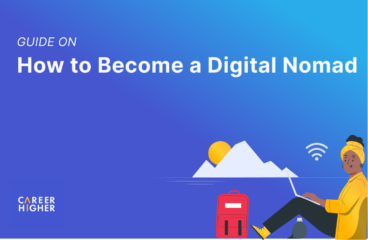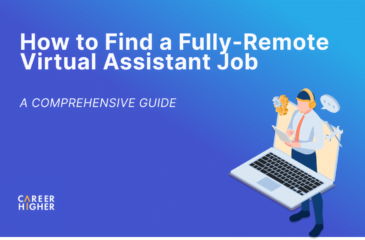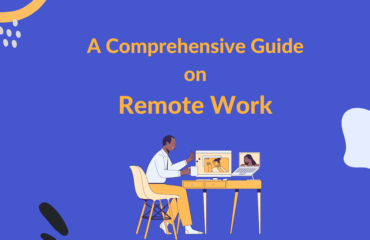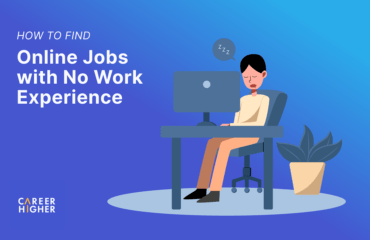Table of Contents
After struggling with unforeseen circumstances in 2020, we have finally made it to 2021. But it would be wrong to say that “only the year has changed”. The consequences of COVID-19 still continue to disrupt our lives personally and professionally. Around 7.6 million jobs in the UK are still at a risk, thanks to the lockdowns. The situation is similar all around the globe.
Professionals who lost their jobs in 2020 and graduates of the last 2 years are now looking forward to grabbing the right opportunities in 2021. This article aims to help such professionals by highlighting the top job search trends in 2021. Having an understanding of such trends can help job seekers find the right opportunities at the right time. Let’s have a look at them below.
Social recruiting is not a novel concept but has witnessed a massive increase in the last few months. It is the practice of using social media and job boards to find, attract, and hire talent. While job boards have always been very popular in the past too, professional social media platforms like LinkedIn are proving to be very resourceful in these hard times. This is because the use of LinkedIn has increased during the pandemic, giving more opportunities to recruiters to find candidates.
Your social media presence has a high chance of influencing a recruiter’s decision. Although it is a grey area, some recruiters do check your personal social media accounts too. Thus, it is essential for you to maintain a positive image on professional as well as personal social media accounts. To do this, you should post and even create your own content and connect with people on LinkedIn. This will increase your chances of being recognized by a recruiter or a hiring manager.
2. Rise in remote teams & freelance jobs
The rise in freelance jobs and remote teams has eliminated the geographical barrier, thereby leading to an increase in job opportunities. According to a survey by Gartner, about 74% of the companies plan to permanently move to more remote work post-COVID. This would mean more remote jobs being advertised on job boards. So, you could work from home, in some cases from a different city, state or even country. An example of this can be seen in the image below:
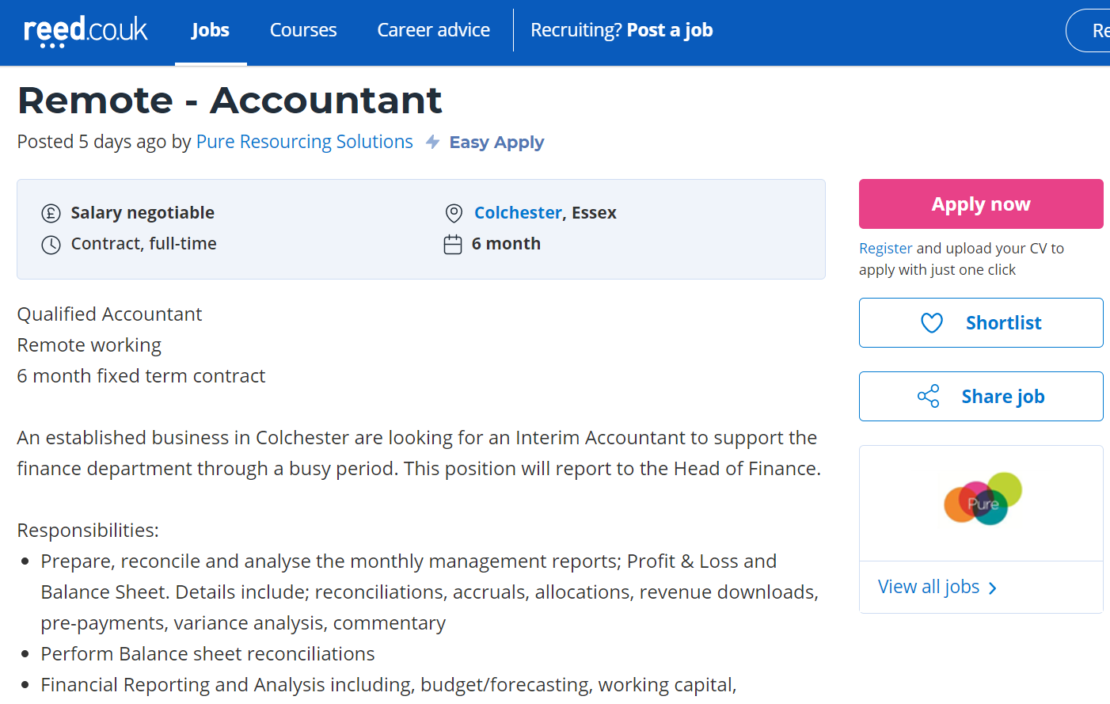
Remote Job posting
Freelancing has also seen a surge in the last few months. Platforms like Upwork and Freelancer.com have witnessed an increase in their user base by 50% and 30% respectively. This indicates that professionals are capitalizing on their skills and opting for freelancing opportunities, helping them get more projects, money, and flexibility.
3. Evaluating the employer
As we already know, COVID-19 continues to impact people and organizations. You don’t know how an organization will perform in the long run. Thus, it becomes crucial for you, as a job seeker, to thoroughly analyze the financial position of your target organization before applying. You do not want to join an organization just to be laid off in a couple of months. The best way to do this would be to check sources like Bloomberg, Financial Times, the company’s press releases, and financial statements.
4. Mobile job search
With more than 3 billion users worldwide, mobile phones have made our day-to-day lives more convenient. This holds true for job seekers, recruiters, and job boards too. Job boards now have mobile versions for their websites and apps for easy access. It is also easier for job seekers to look for jobs on their phones and even apply with just one click. This is a trend that is here to stay.
According to a survey by Glassdoor in 2019, 58% of their users used mobile phones for job search, most of which were mid-career workers. We recommend downloading job search apps such as the LinkedIn mobile app, along with a copy of your updated resume. Therefore, you can make an application instantly, especially since some companies do not require a cover letter. It would also be beneficial to subscribe to relevant job boards to regularly get job notifications.
5. Targeting impact-neutral industries
While all industries were affected by the initial lockdowns, the impact has been different on each industry based on their nature. A wise move for a job seeker in 2021 would be to target the least affected industries. Some of these would be banking, healthcare, Tech, e-commerce, and insurance. Going for industries like aviation, tourism, and hospitality might not be the best idea as these have been adversely affected by COVID-19. The demand for labor would be pretty low in these sectors with high competition.
6. Normalization of irregular career patterns
COVID-19 has normalized job loss. This has positively affected the mindset of people regarding career and gaps. Recruiters are now more open to accepting candidates with employment gaps as these would be very common in candidates applying in 2021. Employers have become increasingly sensitive towards this.
Similarly, career changes have also been normalized. Professionals who were earlier stuck in their jobs or were reluctant to move to new careers now have the chance and courage to move to a new function or industry. Equally, employers are more open to hiring someone from a different background than in the past.
7. Rise of career advancement services
COVID-19 has resulted in an employer-driven job market. The demand has considerably gone down while the supply is high as before. This means to secure your dream role, you need a competitive edge. It would be difficult to secure an offer from your target employer with poorly written documents. You would need a high-quality resume and cover letter, an effective networking strategy to tap the best opportunities, and great interview skills. A career consultant is capable of assisting you with all these, helping you stand out from the crowd.
Job search in 2021 will be tough but being prepared would help you target the right opportunities in the most effective manner. Since, the job market may still be unstable, being flexible to consider alternative industries and functions would be a great advantage. If you find gaps in your job search strategy, you should consult with career experts to optimize your job search options.





